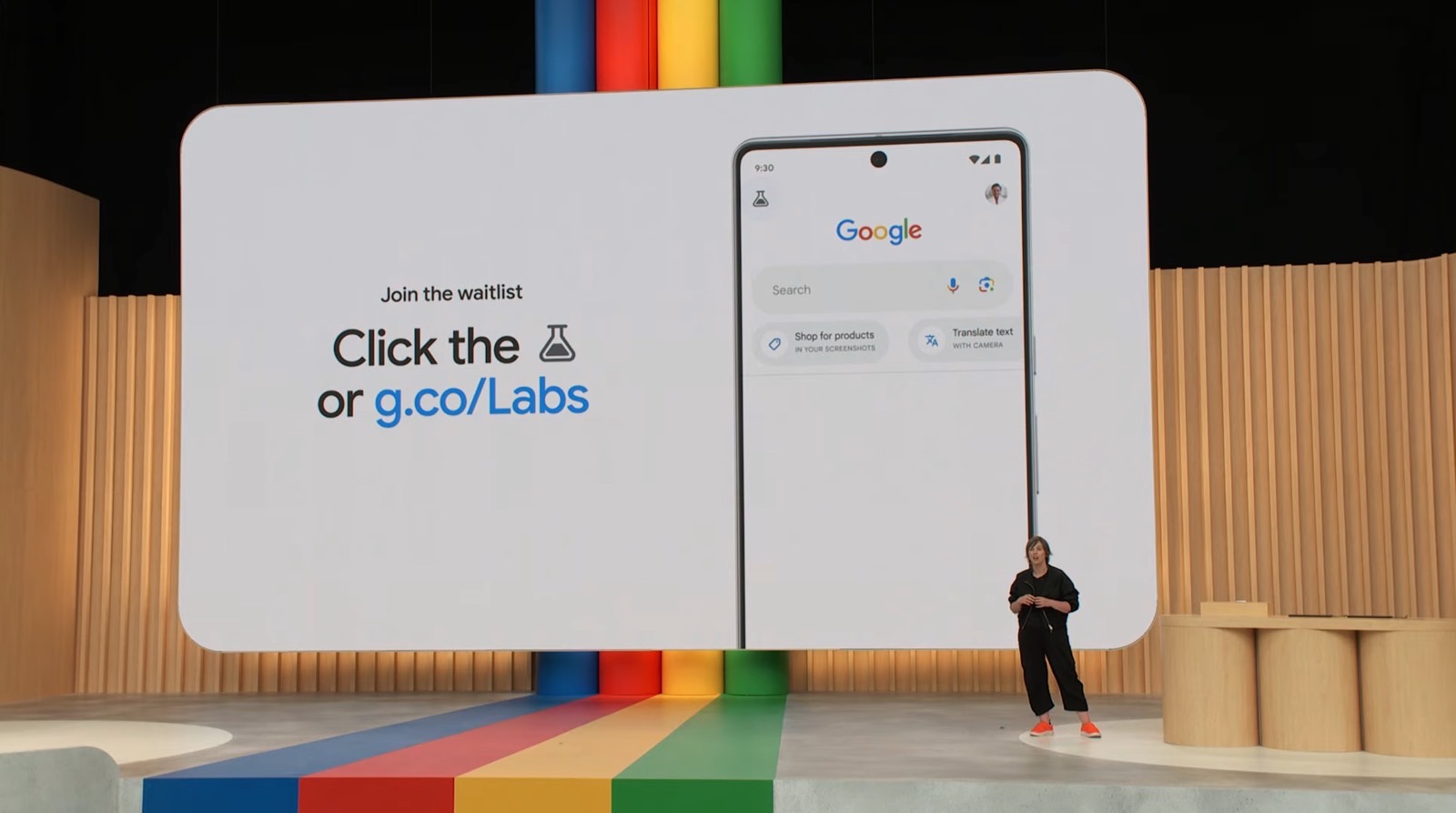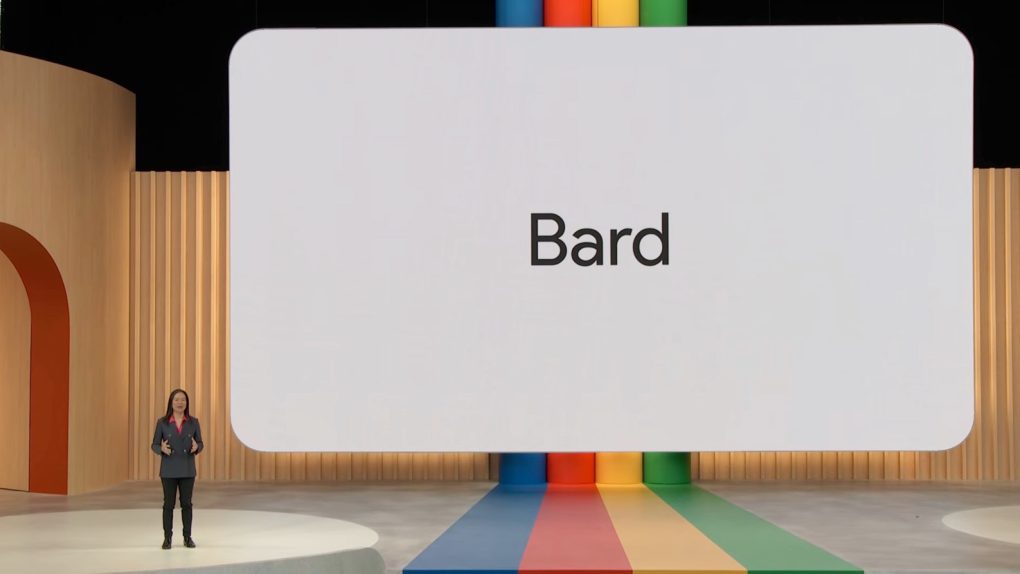I’ve been a fan of generative AI products like ChatGPT since I first started using them. ChatGPT is still my go-to AI even though competing services like Google Bard and Bing Chat exist. The latter, of course, is also based on ChatGPT tech. But the most important ChatGPT alternative might come this fall in the form of Google’s Gemini project.
Yes, Google’s take on AI might seem overwhelming and confusing. It’s clear that ChatGPT created massive ripples within the company, prompting a fast response focused on AI-enhanced software going forward. But everything we’ve seen so far might be just the prelude. Gemini might be the real ChatGPT rival. And I think that’s great for users, as Gemini should pressure OpenAI to match Google’s offerings.
I never thought Google Search was doomed despite the popularity of ChatGPT. Yes, using ChatGPT to “search” the web is much better than Google Search. I put “search” in quotes because the free version of ChatGPT isn’t connected to the web. But it has been trained with what was on the internet until September 2021. It’s still a good resource.
You can always go for Google Bard, Google Search SGE, or Bing Chat if you want a live generative AI search experience that beats traditional Google Search.
Also, I always thought that Google must have plenty of AI tricks up its sleeve. Products similar to ChatGPT that Google never dared release until OpenAI forced it to. Google I/O 2023 is a testament to that. Google quickly deployed AI products to take on ChatGPT.
But if these new developments are accurate, Gemini will be the real threat to ChatGPT. In a pair of reports, The Information (via Android Police) detailed Google’s latest on Gemini.
Gemini is the result of Google merging Google Brain and DeepMind to better compete against ChatGPT. Joining the effort is Google co-founder Sergey Brin, who is apparently actively involved in training the Gemini models.

This new generative AI product will have incredible capabilities, if the reports are accurate. Google wants to combine text generation features with AI image generation. This AI would produce much better responses than ChatGPT, which is limited to text.
That is a great challenge for OpenAI, especially considering that the ChatGPT developer also operates Dall-E, an image generator that could always be connected to ChatGPT in the future.
The Information goes on to note that Gemini will let you analyze charts and even control software with your voice. Having AI understand spoken prompts would be another massive upgrade that OpenAI will have to keep up with. After all, we’ll want to talk to computers, not just type instructions.
The large language models developed under Gemini might power various Google products, including its productivity apps (Google Docs) and Google Bard.
Google is reportedly training Gemini with the help of text and images. But it’s also looking at YouTube video transcripts to train the language model. It’s all done under the supervision of lawyers, who are looking to prevent copyright violations.
That’s a good approach. Hopefully, Google will focus on privacy just as much. In turn, this will put pressure on OpenAI to ensure that ChatGPT doesn’t infringe copyright and privacy.
I’ll also point out another obvious advantage of Gemini: the live internet. Hopefully, a future version of the free ChatGPT variant will be connected to the internet.
But don’t expect Gemini to be free of charge for all people and features. The report notes that developers will need to pay for Gemini access by renting Google Cloud servers. Then again, you also have to pay to get the best of ChatGPT. That’s the Plus subscription that gets you access to the best possible generative AI experience.
There’s no release date for Gemini other than a fall 2023 estimate. But fall is nearly here. And I’d expect Google to make a big deal of it, especially if Gemini were to power a future version of Google Assistant on Android. While I’m speculating on that front, I’m certain Google will want to add AI powers to the Assistant sooner than later.








